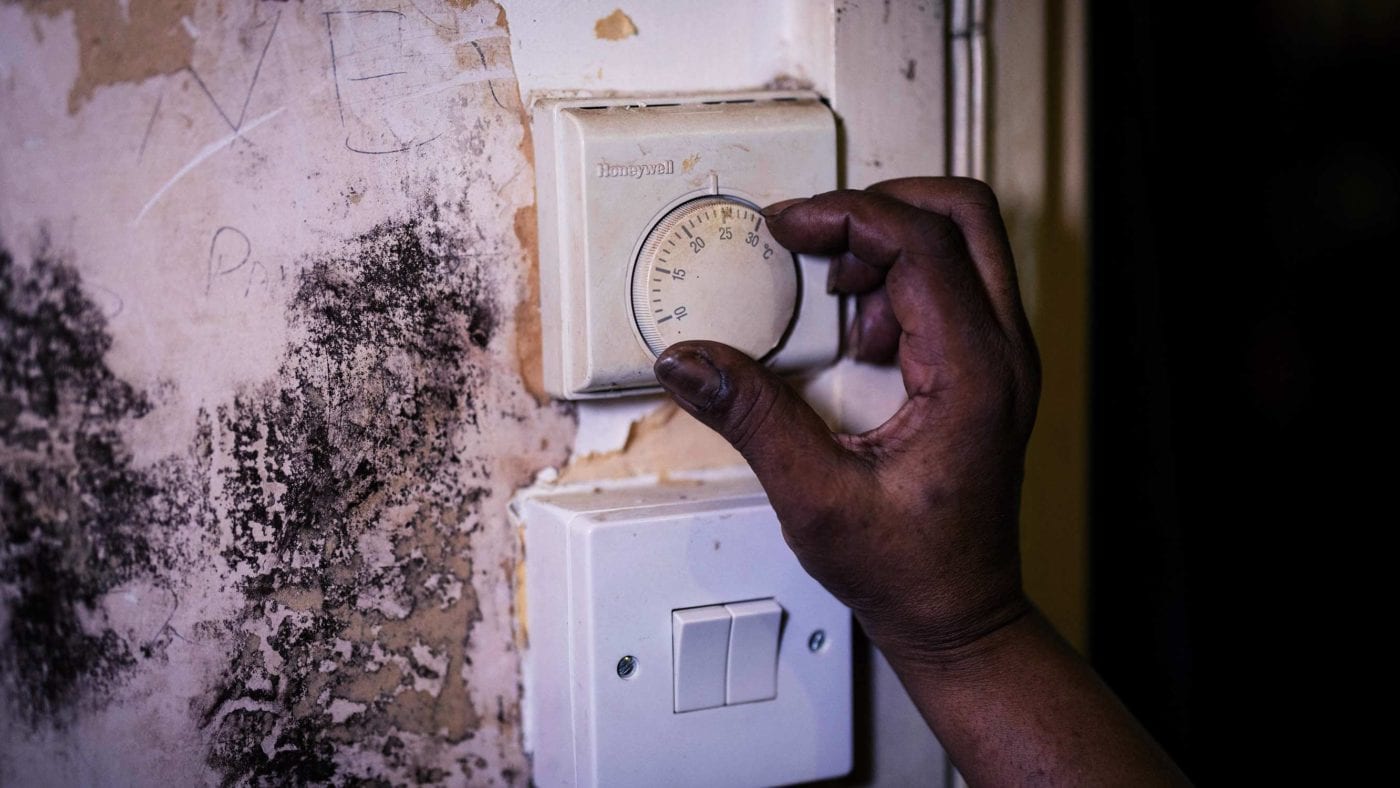It sounds like a headline from a not particularly inventive dystopian novel: rolling blackouts could hit Britain in the year of our lord 2022.
Liz Truss sounds calm about the prospect, but has refused to rule such a drastic step out, though it does look mercifully unlikely at the moment. Even so, it’s very puzzling that the Government still hasn’t implemented any kind of public messaging urging households to cut down on their energy use.
The arguments against such a campaign sound reasonable under normal circumstances: As Jacob Rees-Mogg said at one of our Tory conference events, it may seem ‘condescending’ for the government to advise people on their energy use, when their already painful bills are sending a pretty strong price signal. People know to wrap up warm, turn the heating down and not run the tumble-dryer 24/7, after all. Tory MP Maria Caulfield objects that spending £15m – the amount reportedly set aside by Rees-Mogg’s own BEIS department – would be a waste of money.
In general terms, I have some sympathy with both arguments. From the sugar tax to calorie counts to sky-high sin taxes, our personal choices are subject to endless government interference in the name of curbing some ‘epidemic’ or other.
But a publicity campaign in a time of a genuine emergency – and this year’s energy squeeze really does merit the description – really isn’t an example of the Nanny State in action. Simply giving people information is not impinging on their liberties in any way, even if some of it might seem a bit obvious.
Others may feel a campaign risks people taking excessive, dangerous steps like turning off the heating during cold weather. But that’s more of an argument against badly designed messaging than against a campaign per se. Indeed, one of the advantages could be to stress the difference between necessary energy use (have the heating on) and counter-productive economies (turning all the lights off, which will save next to nothing).
And a lot of energy-saving advice isn’t that common-sensical anyway. Sure, you can probably deduce that running the oven full-pelt is going to run the electricity bill up, but draught-excluders, thermal curtains and radiator reflector panels are hardly the sine qua non of a modern British home (in all honesty, I’d never heard of the latter until Googling ‘energy-saving tips’…).
This absolutely isn’t about hectoring people on the breadline about keeping themselves warm. Quite the opposite, given that more affluent households are getting the biggest subsidies and can potentially make the biggest reductions in their usage.
As for the cost, if it is £15m, that’s 22p for every British resident, when the price freeze itself is costing tens of billions of pounds. And given the dynamics of the price freeze policy, we’d only need a tiny effect on behaviour for such a publicity campaign to pay for itself many times over.
There’s another crucial point here though: the real cost of energy this winter is far, far higher than what people are going to see in their bills. As the economist Andrew Lilico notes here, the scale of the state subsidy means that every extra unit of energy consumed adds to a financial burden future generations are ultimately going to have to pay off, and reducing that cost will only work with a properly collective effort.
Now, we don’t actually know if such a campaign has been nixed yet. It may simply be a case of something taking time to be signed off, rather than a firm objection from the PM, who has plenty on her plate, to put it mildly. It would be a serious, expensive error to not at least try to persuade and advise people to keep their consumption as low as possible. Not just for this winter, but for the public finances for years to come.
Click here to subscribe to our daily briefing – the best pieces from CapX and across the web.
CapX depends on the generosity of its readers. If you value what we do, please consider making a donation.


